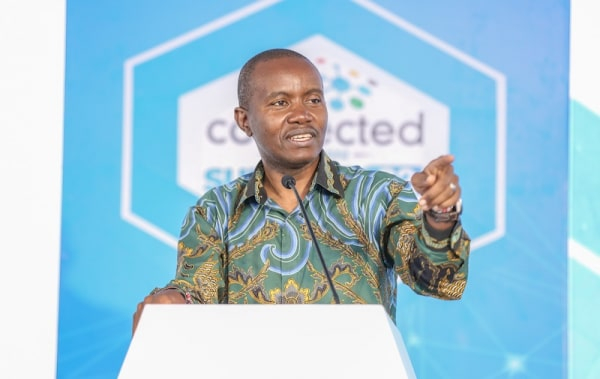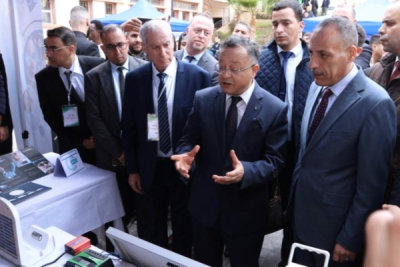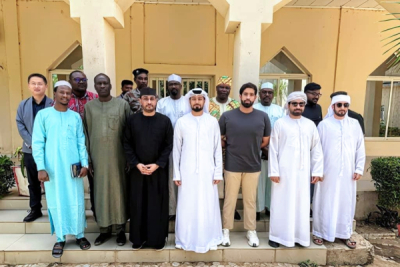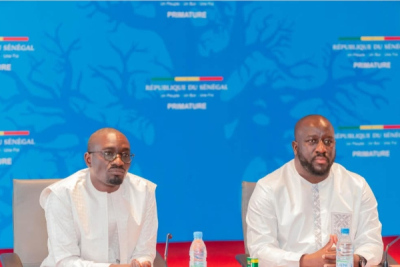In the previous decade, the Kenyan government made significant investments to transform the country into a digital hub in East Africa. With the new plan, it is setting higher goals.
Kenya's Minister of ICT, Joe Mucheru (photo), launched the National Digital Master Plan 2022-2032 on Tuesday, April 12. Launched on the sidelines of the Connected Kenya summit being held from April 10 to 14 in Diani, the about US$45 million master plan will guide the government’s investments in digital transformation over the next ten years.
“The National Digital Master Plan, which will be launched will guide us in shaping our discussions towards a transformed digital Kenya where technology plays a pivotal role in economic development. (...) I do not doubt that with the successful implementation of the identified programs and projects in the master plan, this country can live up to its reputation as the Silicon Savannah in matters of ICT and economic development,” indicated Joe Mucheru.
According to the master plan, by 2032, Kenya will deploy, 100,000 km of fiber optic cable to connect 40,000 schools and other educational institutions, 20,000 government institutions, and 13,000 health facilities. The country will also install 25,000 Internet access points to support its youth and innovators and create 1,450 digital innovation hubs, two software factories, and two electronics manufacturing plants. Overall, the plan will help create 10,000 jobs for software engineers.
The master plan strongly emphasizes digital skills development by building the capacities of 20 million citizens, 300,000 civil servants, and 10,000 professionals.
On the regional level, it is agreed to establish a hub on future technologies and another dedicated to the maintenance of submarine cables.
“To position the country as a regional ICT hub, the plan proposes the establishment of regional ICT smart hubs as well as regional submarine cables maintenance depots. (...) To enable a one-stop-shop for all government core services, the plan proposes accelerated automation and digitization for all government core services in both national and county governments” to quickstart the digitization of 5 billion government records, ICT Minister Joe Mucheru indicates.
Ruben Tchounyabe



















